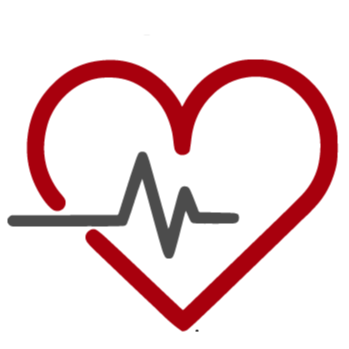Nodules are lumps or abnormal masses within the thyroid. Nodules can be caused by benign cysts, benign tumors, or, less commonly, by cancers of the thyroid. Nodules may be single or multiple and can vary in size. If nodules are excessively large, they may cause symptoms related to compression of nearby structures.
